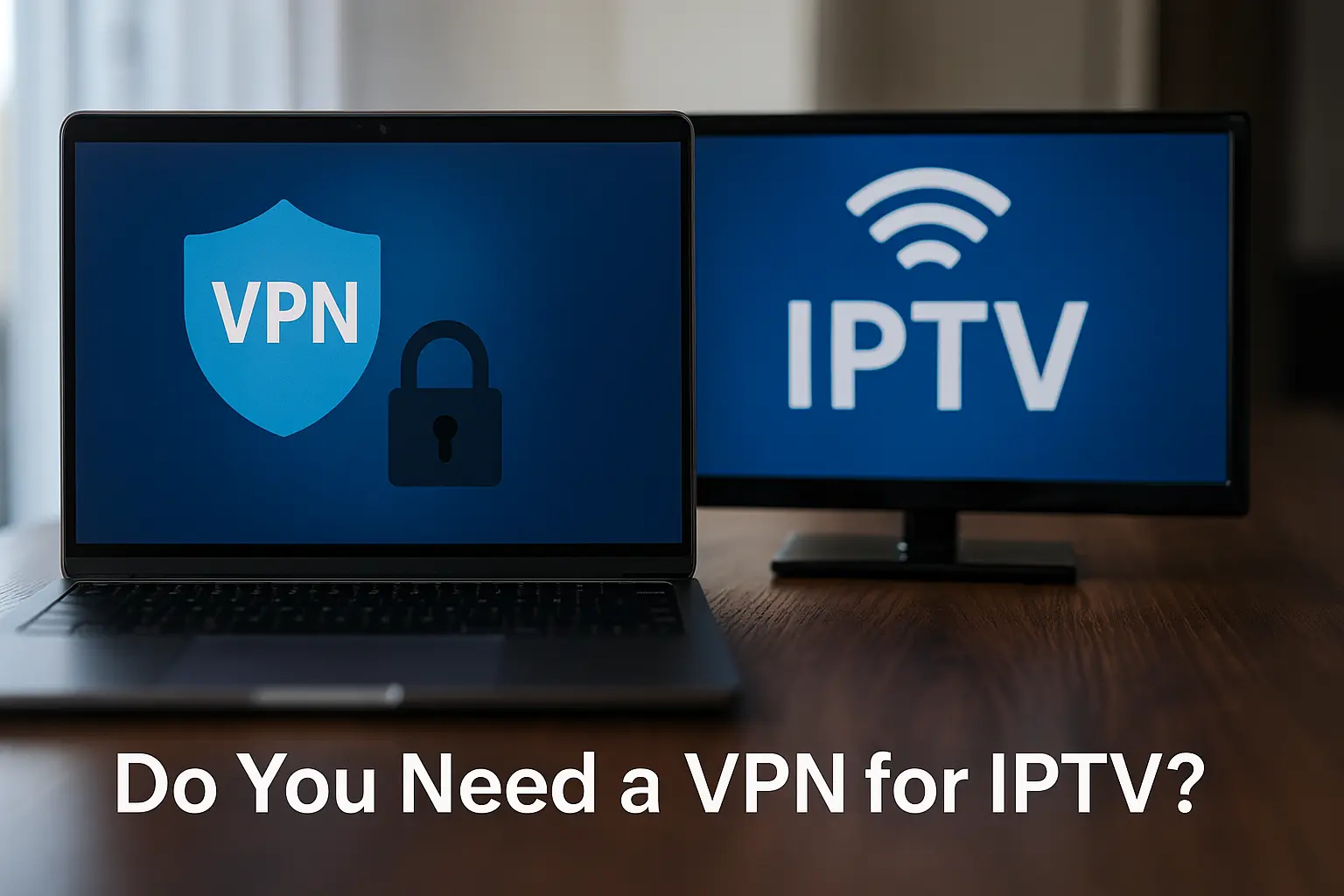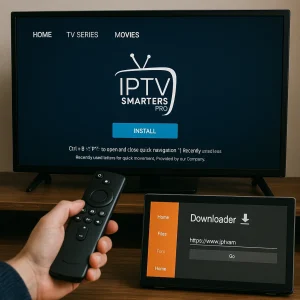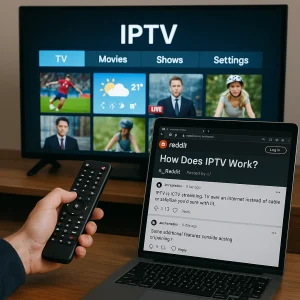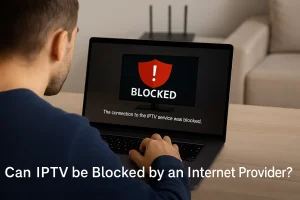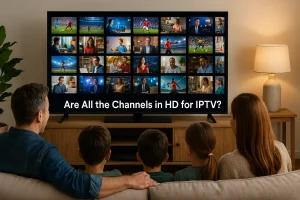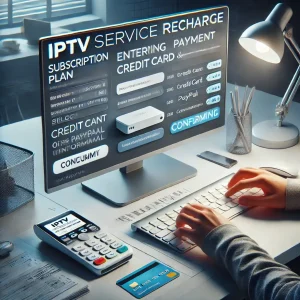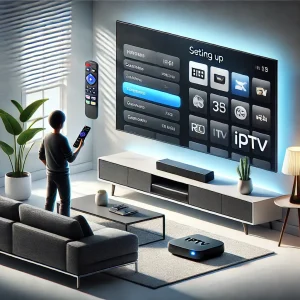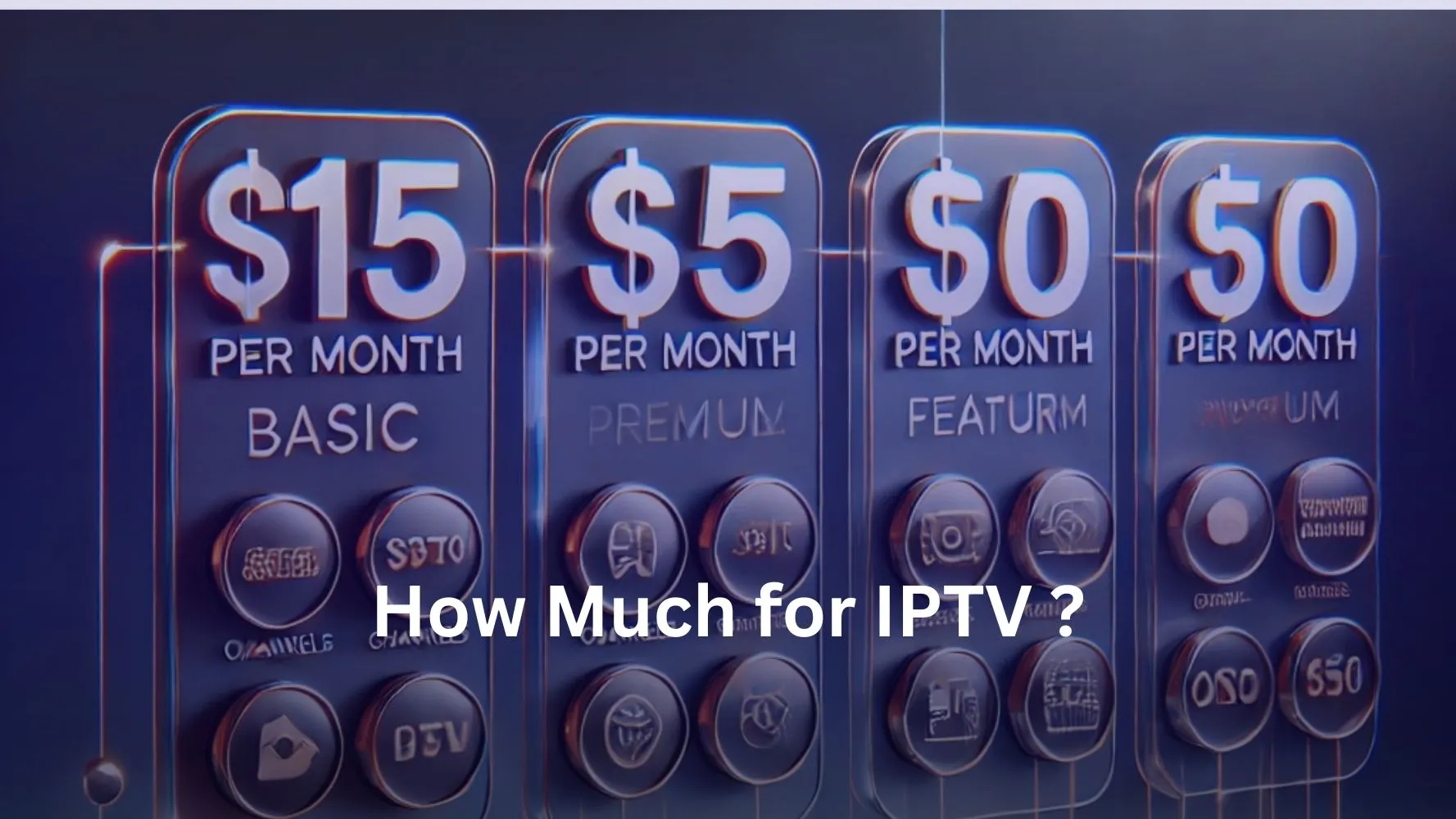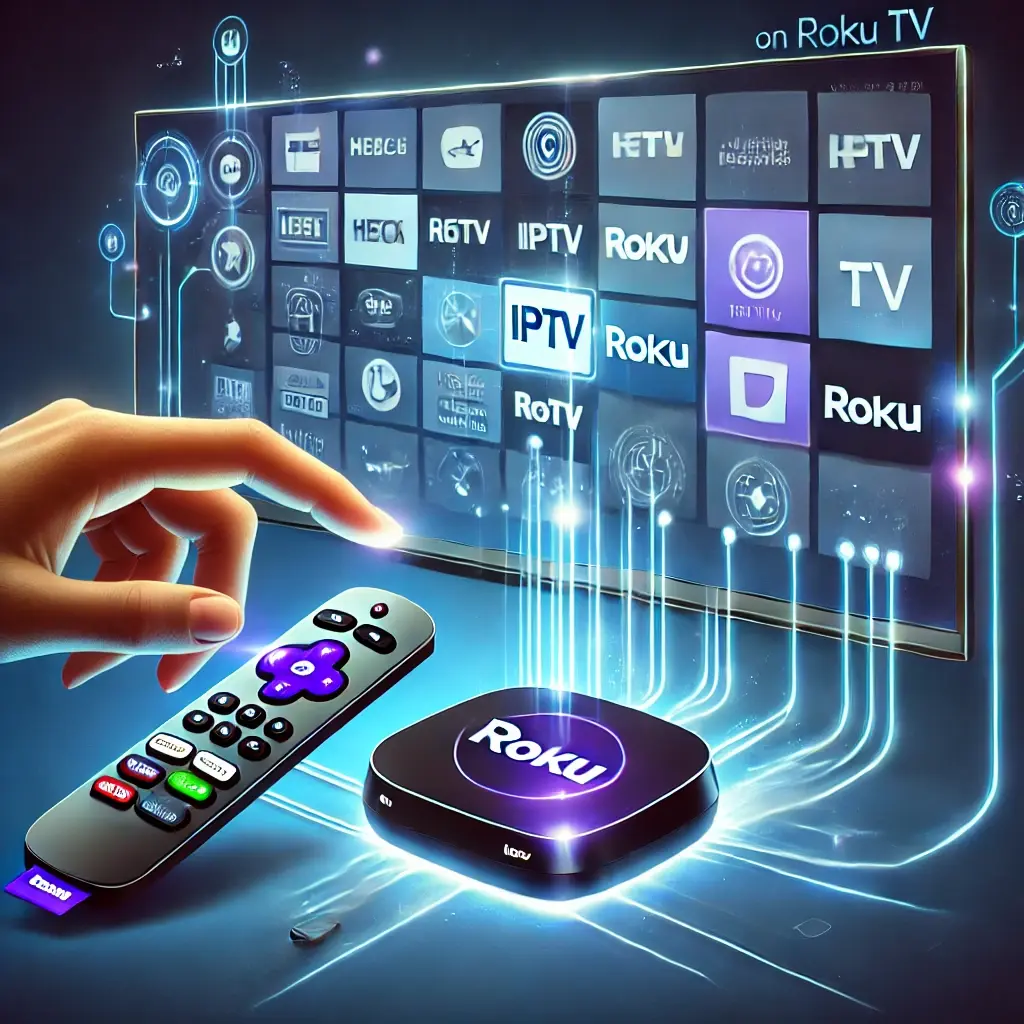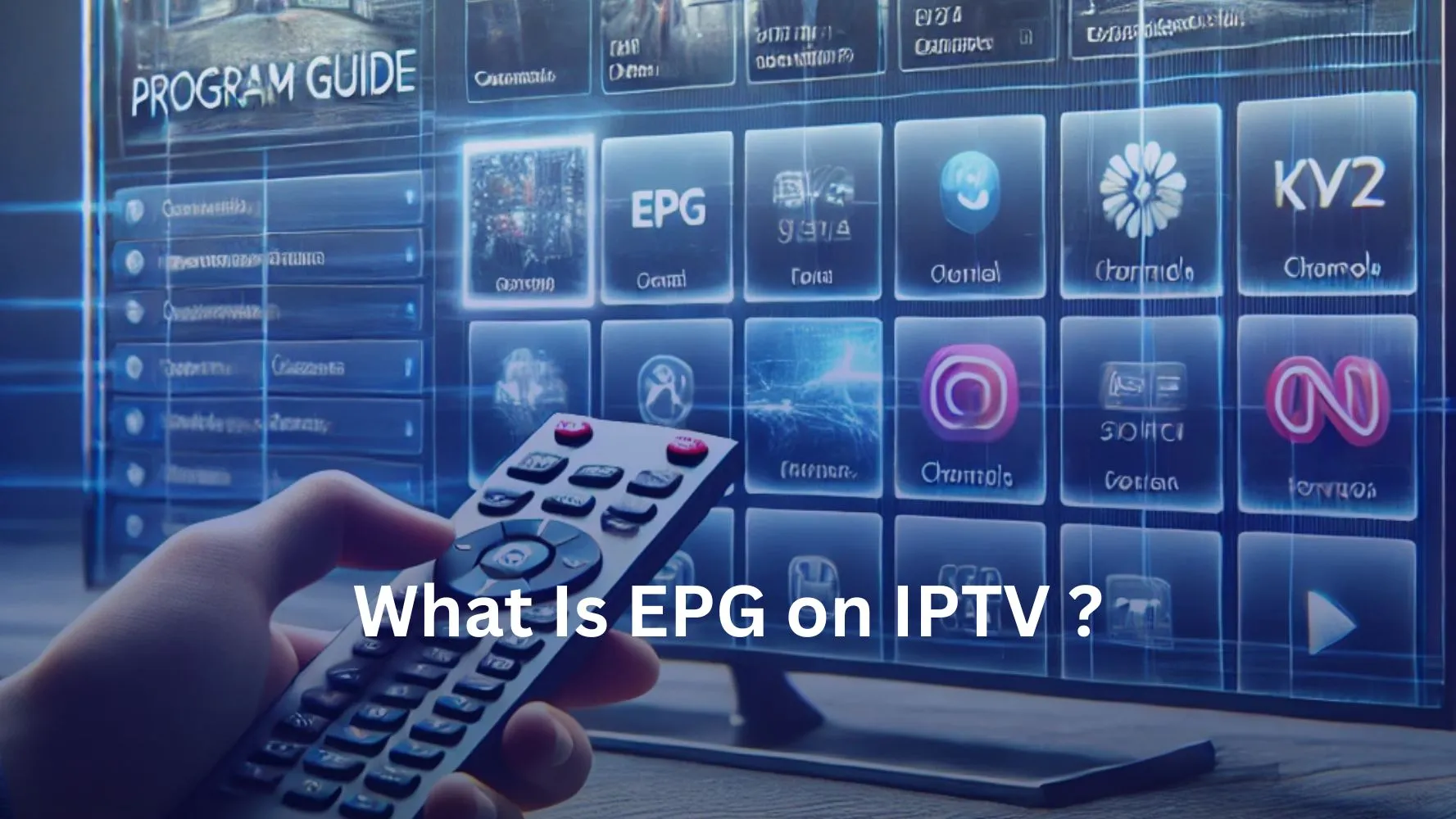While an IPTV VPN isn’t essential, it’s highly recommended for enhanced privacy, security, and access to geo-restricted content. A VPN encrypts your data and masks your IP address, preventing ISP monitoring and potential throttling. It also allows you to bypass geographical restrictions and access a wider range of IPTV content — especially useful if your IPTV subscription includes channels or libraries restricted to certain countries.
However, it’s crucial to choose a reliable VPN provider to avoid data leaks and ensure stable streaming performance.
What Is an IPTV VPN?
An IPTV VPN, or virtual private network, is a crucial tool for protecting your privacy and security when streaming internet-based television content. It encrypts your data and masks your IP address, allowing you to bypass geographical restrictions imposed by content providers and prevent your ISP from monitoring your online activities.
By establishing a secure, encrypted tunnel between your device and the VPN server, all your internet traffic remains private and protected from prying eyes. Additionally, using a reputable IPTV VPN can enhance your streaming experience by preventing ISP throttling, which often targets bandwidth-heavy activities like live TV broadcasts and on-demand content.
To ensure a safe and seamless streaming experience, it’s essential to choose a reliable IPTV VPN provider that prioritizes user privacy and security.
Benefits and Risks of Using a VPN for IPTV
Using a virtual private network offers several advantages that can significantly enhance your streaming experience. It encrypts your online activity and hides your IP address, improving privacy and security—particularly when accessing services on public Wi-Fi. It also helps prevent ISP throttling, ensuring a stable connection for smooth, uninterrupted viewing.
One major benefit is the ability to bypass geo-restrictions and access content that might not be available in your region, especially valuable if your IPTV subscription includes international channels or exclusive libraries.
That said, it’s essential to choose a reputable service. Free or low-quality providers may put your data at risk, leading to issues like leaks or the misuse of personal information. For a safe and seamless experience, go with a premium option known for reliability and strong privacy practices.
Choosing the Right IPTV VPN Provider
When enhancing your streaming experience, it’s important to choose a service that combines strong performance with robust privacy features. Top-tier providers like NordVPN, ExpressVPN, and Surfshark offer fast, secure connections specifically tuned for smooth video playback.
Look for key elements such as global server coverage, advanced encryption, and the ability to bypass restrictions. A reliable option should also follow a strict no-logs policy and include extra layers of protection.
Free solutions often fall short in terms of speed and stability, making them less suitable for uninterrupted use. Reviews and expert comparisons can help you find the right tool to connect efficiently and enjoy your subscription without buffering or blocks.
Frequently Asked Questions
Is It OK to Use IPTV Without VPN?
Getting IPTV without a VPN may lead to ISP throttling, security concerns, and potential legal implications. It’s advisable to use a VPN to protect your privacy, ensure device compatibility, and optimize streaming quality and user experience.
Do I Need a VPN for IPTV on Firestick?
For optimal IPTV streaming on your Firestick, we recommend setting up a VPN. It improves channel availability, streaming quality, and device compatibility while protecting you from potential legal issues with unlicensed IPTV service providers.
Is IPTV Legal in the USA?
The legality of IPTV services in the USA depends on the provider’s licensing, content ownership, and distribution rights. Regulations, enforcement, and restrictions vary. Your liability as a user is unclear, so research each service’s legality and accessibility.

